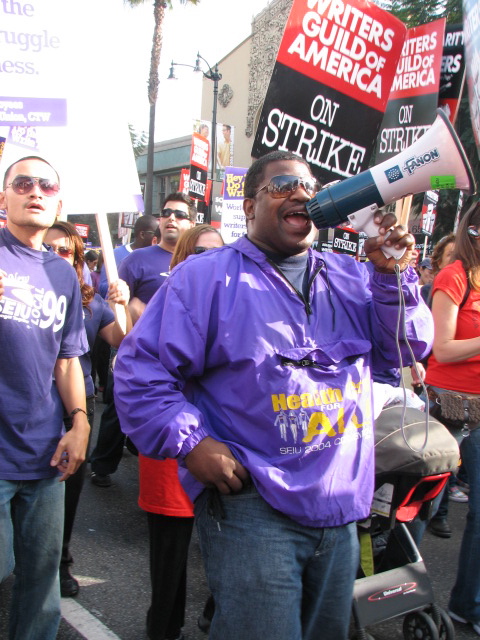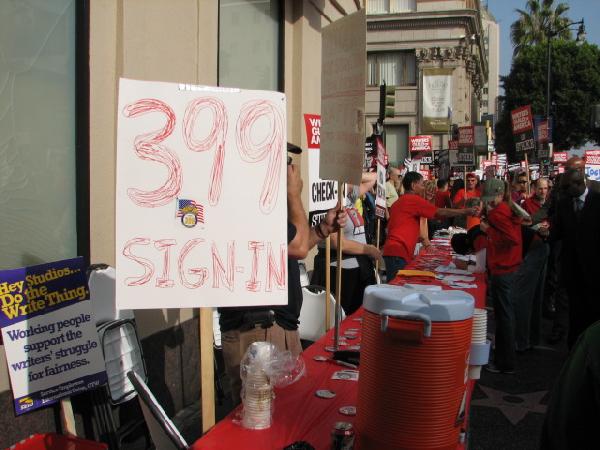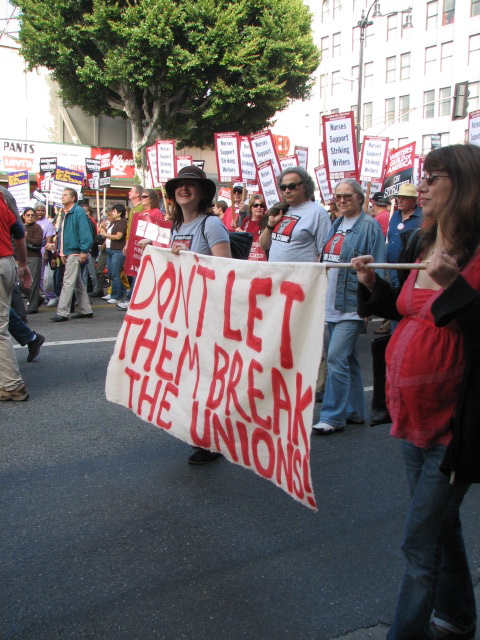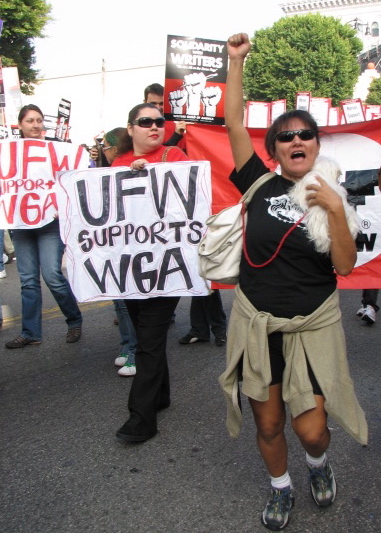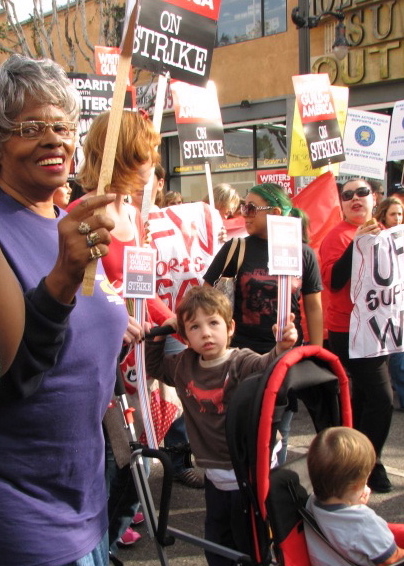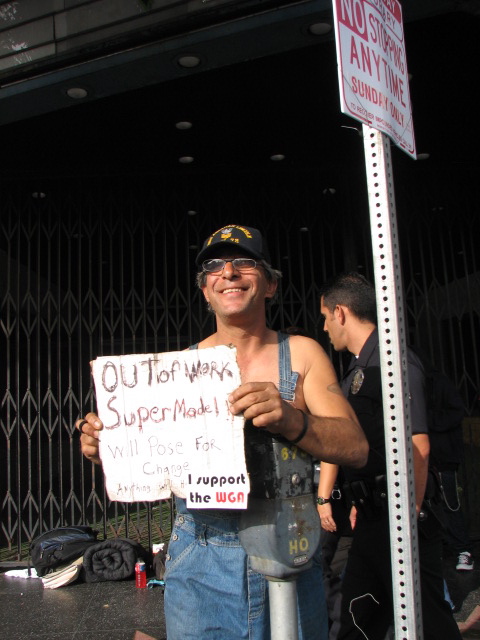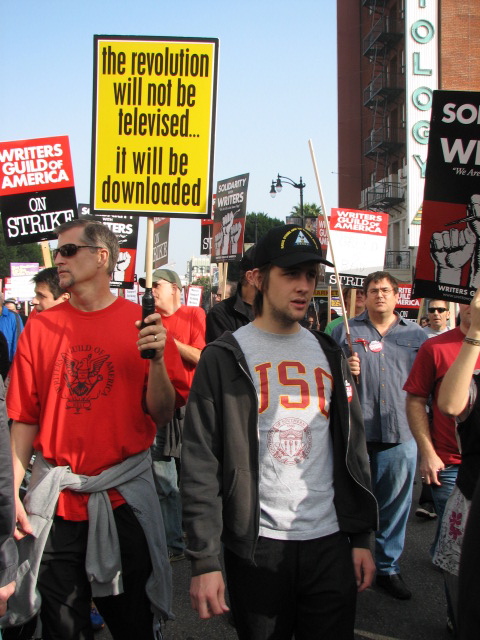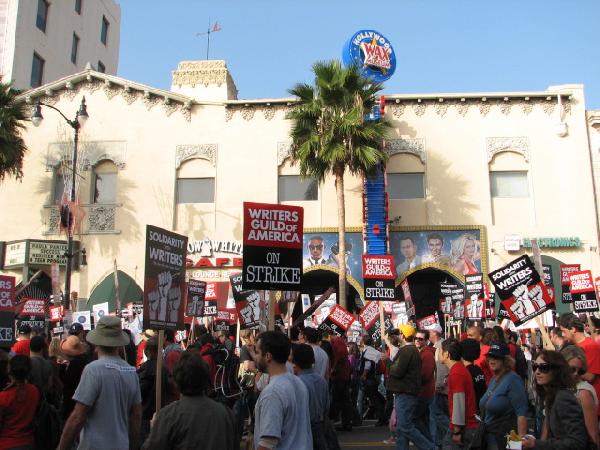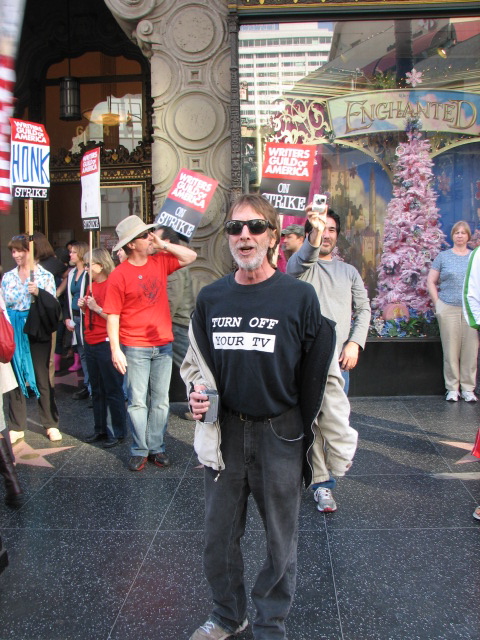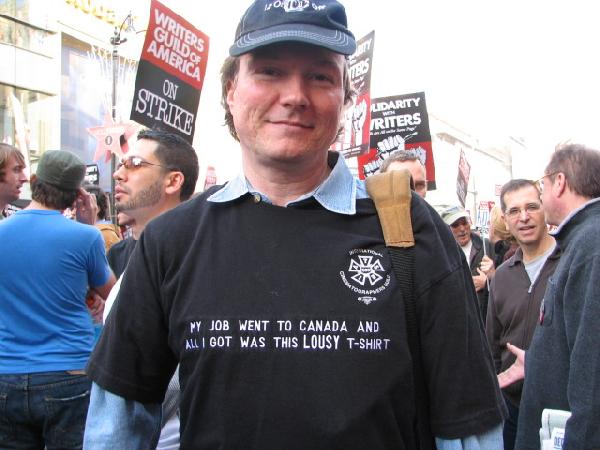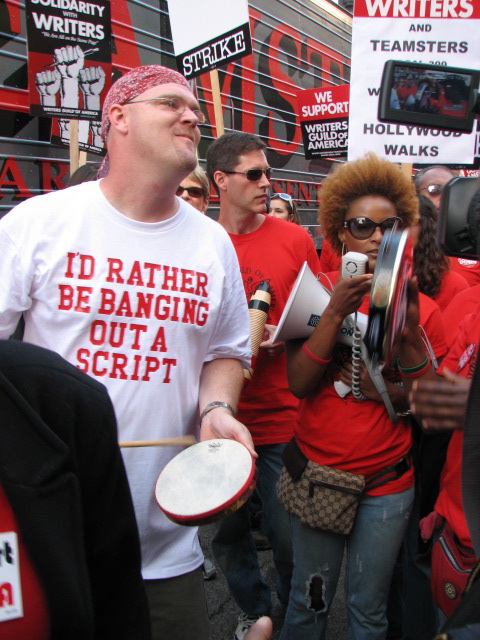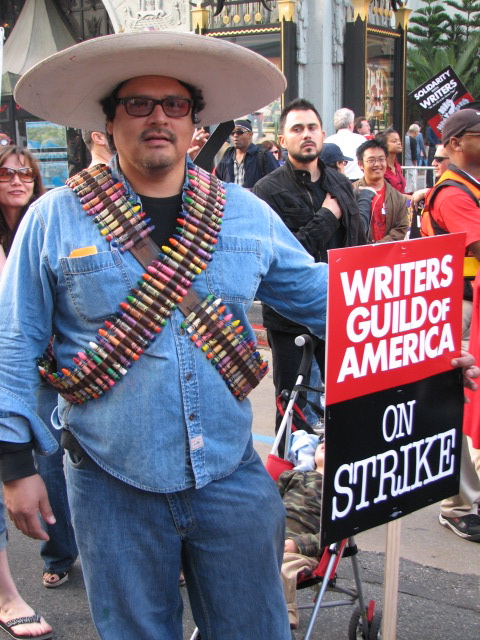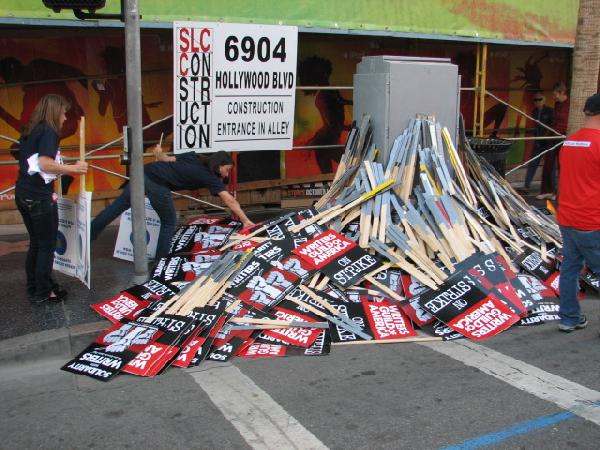| About Us | Contact Us | Calendar | Publish | RSS |
|---|
|
Features • latest news • best of news • syndication • commentary Feature Categories IMC Network:
Original Citieswww.indymedia.org africa: ambazonia canarias estrecho / madiaq kenya nigeria south africa canada: hamilton london, ontario maritimes montreal ontario ottawa quebec thunder bay vancouver victoria windsor winnipeg east asia: burma jakarta japan korea manila qc europe: abruzzo alacant andorra antwerpen armenia athens austria barcelona belarus belgium belgrade bristol brussels bulgaria calabria croatia cyprus emilia-romagna estrecho / madiaq euskal herria galiza germany grenoble hungary ireland istanbul italy la plana liege liguria lille linksunten lombardia london madrid malta marseille nantes napoli netherlands nice northern england norway oost-vlaanderen paris/Île-de-france patras piemonte poland portugal roma romania russia saint-petersburg scotland sverige switzerland thessaloniki torun toscana toulouse ukraine united kingdom valencia latin america: argentina bolivia chiapas chile chile sur cmi brasil colombia ecuador mexico peru puerto rico qollasuyu rosario santiago tijuana uruguay valparaiso venezuela venezuela oceania: adelaide aotearoa brisbane burma darwin jakarta manila melbourne perth qc sydney south asia: india mumbai united states: arizona arkansas asheville atlanta austin baltimore big muddy binghamton boston buffalo charlottesville chicago cleveland colorado columbus dc hawaii houston hudson mohawk kansas city la madison maine miami michigan milwaukee minneapolis/st. paul new hampshire new jersey new mexico new orleans north carolina north texas nyc oklahoma philadelphia pittsburgh portland richmond rochester rogue valley saint louis san diego san francisco san francisco bay area santa barbara santa cruz, ca sarasota seattle tampa bay tennessee urbana-champaign vermont western mass worcester west asia: armenia beirut israel palestine process: fbi/legal updates mailing lists process & imc docs tech volunteer projects: print radio satellite tv video regions: oceania united states topics: biotechSurviving Citieswww.indymedia.org africa: canada: quebec east asia: japan europe: athens barcelona belgium bristol brussels cyprus germany grenoble ireland istanbul lille linksunten nantes netherlands norway portugal united kingdom latin america: argentina cmi brasil rosario oceania: aotearoa united states: austin big muddy binghamton boston chicago columbus la michigan nyc portland rochester saint louis san diego san francisco bay area santa cruz, ca tennessee urbana-champaign worcester west asia: palestine process: fbi/legal updates process & imc docs projects: radio satellite tv |
printable version
- js reader version
- view hidden posts
- tags and related articles
View article without comments "Solidarity Works!" Purple and Red Join Forces in Writers' Guild Marchby Amy L. Dalton Friday, Nov. 23, 2007 at 12:24 PMald at riseup dot net On Tuesday, November 20, the Writers Guild of America held a march on Hollywood Boulevard in which they invited their brothers and sisters in the labor movement to come out in support of their strike, now in its third week.
Three huge teamster trucks led the march, and behind them gathered members of SAG, United Healthcare Workers, the Musicians Union, Unite HERE, the United Farm Workers, and many others. Sparsely present were members of the "behind the camera" unions, who according to one disgruntled member, cannot technically support the strike due to a clause in their contract.
But by far the biggest turnout aside from WGA members and friends was the purple-clad Service Employees International Union, one of the largest unions in the country. A representative of the LA local addressed the crowd with a firery speech in which he explained that SEIU members had joined the march in full force because the WGA had supported the janitors working at the studios in their struggle to form a union last summer. "Solidarity works!!" exclaimed an SEIU member when I asked why she came out. Several members carried signs and wore shirts from the early days of Justice for Janitors Campaign, back when the campaign's color was red. The mostly-purple people were in the center of the march, and they kept the energy up and even led some of the more lively chants, including my favorite: "My people! We tell the Story! We tell the whole wide world -- this is writers' territory!" Some of the less exciting chants included "Hey hey, ho ho, who's gonna write your TV show?" At that moment, I empathized with one lonely dissident wearing a shirt that said "Turn Off Your TV!" He stood at the side of the march, shouting what everyone knows and no one can swallow. I had a similar reaction to one glaring yellow sign that epitomizes the simultaneous clarity and confusion in this struggle: "The Revolution Will Not be Televised... It will be Downloaded!" The central issue in the strike is how much of a cut writers will get from "new media" revenue. A handful of members of ANSWER LA carried signs that said "Support Striking Workers! Stop Studio Greed!" and handed out flyers for the Hollywood premiere of "The Trial: The Untold Story of the Cuban 5," narrated by Danny Glover. The film opens on Thursday, Dec 6 at Laemmle's Sunset 5. Strikers say they are prepared to hold out well into 2008. Negotiations between the WGA and the Alliance of Motion Picture and Television Pictures are schedule to reconvene next Monday. Related from the newswire: Nov15: Video from the Sony Pictures picket line | Nov7: Video from the Culver Studios picket line | Nov7: Pix from the Culver Studios picket line See also: WGA video: Who are they lying to? | Writer's Strike Blogs | WGA-East | WGA-West | Interviews from WSWS.org | Picket Locations in the LA Area
Report this post as:
strike sign inby Amy L. Dalton Friday, Nov. 23, 2007 at 12:24 PMald at riseup dot net
error
Report this post as:
don't let them break the unionby Amy L. Dalton Friday, Nov. 23, 2007 at 12:24 PMald at riseup dot net
error
Report this post as:
only in LA #1 (wag for wga)by Amy L. Dalton Friday, Nov. 23, 2007 at 12:24 PMald at riseup dot net error
Report this post as:
UFW!by Amy L. Dalton Friday, Nov. 23, 2007 at 12:24 PMald at riseup dot net
error
Report this post as:
kids, grandmas, and green hairby Amy L. Dalton Friday, Nov. 23, 2007 at 12:24 PMald at riseup dot net
error
Report this post as:
nurses in solidarityby Amy L. Dalton Friday, Nov. 23, 2007 at 12:24 PMald at riseup dot net error
Report this post as:
only in LA #2 (pastries for the strikers)by Amy L. Dalton Friday, Nov. 23, 2007 at 12:24 PMald at riseup dot net error
Report this post as:
SEIU whistleby Amy L. Dalton Friday, Nov. 23, 2007 at 12:24 PMald at riseup dot net error
Report this post as:
writers' humorby Amy L. Dalton Friday, Nov. 23, 2007 at 12:24 PMald at riseup dot net error
Report this post as:
only in LA #3 (out of work supermodel in solidarity)by Amy L. Dalton Friday, Nov. 23, 2007 at 12:24 PMald at riseup dot net
error
Report this post as:
the revolution will be downloaded... !?by Amy L. Dalton Friday, Nov. 23, 2007 at 12:24 PMald at riseup dot net
error
Report this post as:
outside the hollywood wax museumby Amy L. Dalton Friday, Nov. 23, 2007 at 12:24 PMald at riseup dot net
error
Report this post as:
turn off your TVby Amy L. Dalton Friday, Nov. 23, 2007 at 12:24 PMald at riseup dot net
error
Report this post as:
ICGby Amy L. Dalton Friday, Nov. 23, 2007 at 12:24 PMald at riseup dot net
error
Report this post as:
banging the drum, for nowby Amy L. Dalton Friday, Nov. 23, 2007 at 12:24 PMald at riseup dot net
error
Report this post as:
SEIU spokespersonby Amy L. Dalton Friday, Nov. 23, 2007 at 12:24 PMald at riseup dot net
error
Report this post as:
crayonismoby Amy L. Dalton Friday, Nov. 23, 2007 at 12:24 PMald at riseup dot net
error
Report this post as:
the hulk in solidarityby Amy L. Dalton Friday, Nov. 23, 2007 at 12:24 PMald at riseup dot net
error
Report this post as:
sign pileby Amy L. Dalton Friday, Nov. 23, 2007 at 12:24 PMald at riseup dot net
error
Report this post as:
WGA Negotiations are Welcome!by New Media Worker Saturday, Nov. 24, 2007 at 5:32 AMThe aspect of this strike that resonates most with people online is the issue of residuals for work used in New Media. Presently, there are three basic types of contracts that workers in new media can seem to get: work for hire, lease agreements, and revenue share.
If you are an individual, and a "nobody", you'll only get a work-for-hire contract. If you have some clout, or aggregate a large body of content, you can argue for a lease agreement that leases the content to a renter for a specific amount of time. There are also some revenue share contracts, but the main kind of rev share is the "affiliate program" offered by ecommerce websites and ads like Google AdSense. There's also royalties on CD ROMs and off-the-shelf software, but that is a declining market. The WGA is arguing for a work-for-hire contract with some residuals that pay like a revenue share or lease agreement. This new type of contract would be welcomed by anyone working in new media, because it raises the bar for new media compensation. www.keepyourcopyrights.org/about
Report this post as:
Questionby Just curious Saturday, Nov. 24, 2007 at 7:01 PMWhy do we still have labor unions in America in 2007?
Just curious. Seems to me like they've outlived their usefulness.
Report this post as:
They're as useless as agentsby mous Sunday, Nov. 25, 2007 at 12:12 AMUnions are like agents for groups of workers. They negotiate rates for work, on a collective basis. In any capitalist system, things tend to work better when the compensation for work or commodities is fair -- that it's the best deal you can get. This work tends to go to specialists. Businesses have "buyers" who find suppliers, and negotiate prices for things down. In Hollywood, you have agents. In some fields there are recruiters. In some situations, you have consumers unions. Sometimes, you have unions. Sometimes, you have guilds.
In factory-like work situations, union collective bargaining is sensible. The company is engaged in getting people to work collectively. The best way to negotiate wages is to bargain collectively. If the unions weren't doing it, then, most likely, temp agencies would get involved in supplying labor. Obviously, in this latter scenario, workers would get screwed more often than if they had a union. Unions are democratic, while temp agencies are autocratic. Writers aren't all working in factory-like situations. They have different situations but, not all of them are on a daily deadline to produce material. Comedy writers on a daily show are like factory workers who must put out a lot of material. Screenwriters who spend 4 months on a screenplay aren't like factory workers, because their time frame is much longer. So, they also need agents. Workers who do complex or difficult work often form professional organizations to limit the entry of new labor into the field. Lawyers, doctors, some engineering fields, and accountants have certifications and degrees that must be obtained. There are standards for laborers, from gardeners to plumbers -- you can get certificates and degrees in laborer's skills. The WGA does this for writers -- it certifies, in its own way, that its writers are professionals. Their services allow writers to easily "take care of business" to keep them from stealing from each other. You can contrast the situation of Hollywood writers with that of another creative group: software developers. Unlike writers, there aren't SD unions, at least not many. WashTech is one. There are the lower-end developers, who are seeing their jobs being outsourced to Asia. There are mid-range developers who can hold their own, but see declining wages, even as the web spreads software to more places. There are the very talented, who tend to either have agents, or are good negotiators. They don't have royalties for new media. They work for hire, and don't own the copyright on their work. The most significant movement to unite developers is Open Source, and their principle is to devalue the property value of software, but create openings for more value-added labor inputs into the software. The Free Software faction explicitly seeks to destroy the concept of "property" in software. If these workers had strong unions, they might not feel the need to resort to such radical projects. So, yes, maybe the time for unions have passed. Perhaps it's time to go straight into figuring out how to destroy the system of property rights that exploits the typical working person, and develop techniques to expropriate property from the richest 1% of Americans.
Report this post as:
|



